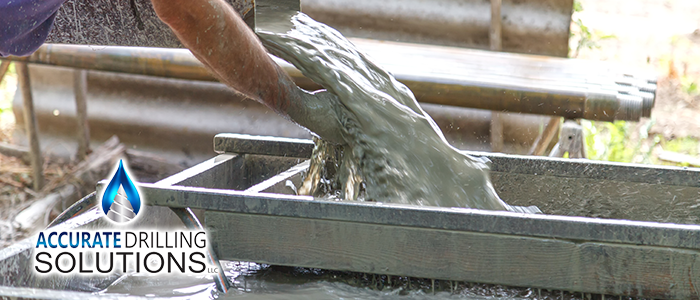
How a Water Well Can Increase Your Property Value
If you’re still debating whether or not to install a water well on your property, you may want to reconsider. While it’s true that many people are still using wells as their primary source of water, this isn’t the case for everyone. If you’re in an area that doesn’t boast access to city water lines and you’re looking for a way to increase the property value of your home, installing a water well might be exactly what you need.
If you’re still on the fence about whether or not a water well is right for you, here are some benefits it can provide:
Environmental and Economic Benefits
You may be surprised to learn that your water well can help the environment. A well will reduce your carbon footprint, which means you’re doing your part to help prevent climate change.
As an added bonus, installing a well on your property also increases sustainability by reducing the need for bottled water and other forms of packaged beverages.
Installing a well is also an economic decision. Many people use bottled water to save money on their monthly bills, but this can be costly in the long run. A water well will save you money every month because of its ability to provide fresh, clean drinking water for your family. You’ll no longer have to worry about running out of water or having to pay for expensive bottled options.
And finally, some estimates have concluded that having a home well on a property can raise the property value of the land by as much as 10 percent. This is especially true if you live in an area where water is scarce, such as a desert or mountainous terrain.
Tips and Advice
Before you begin the process of installing a water well on your property, there are several factors to consider. The first step is to determine whether or not you have adequate soil composition for a successful water well. If the ground around your home is rocky or sandy, it may not be able to hold up under pressure from drilling equipment and could collapse during construction. Additionally, if the depth requirement of your proposed well exceeds what can be achieved by digging with hand tools alone–which is generally about 20 feet–then an auger will need to be used as well as other specialized equipment such as pumps and compressors that can withstand extreme pressures underground (upwards of 1000 psi).
If these conditions apply then it might be worth considering hiring professionals who specialize in this type of work rather than trying something yourself!
Potential Concerns and Drawbacks
While a well can be a great asset, there are also some potential drawbacks to consider. For example, if you’re not careful about how much water you use (especially during periods of drought), then it may be possible for your well to run dry and require more extensive drilling in the future. Additionally, if the quality of water in your area is poor then using this resource may not be all that beneficial anyway—even after treatment!
Other concerns are:
- Environmental impacts.
- Regulatory requirements.
- Cost.
- Maintenance and repair.
In addition to these concerns, there are also certain legal requirements that you should be aware of before drilling your own well. For example, depending on where you live, it may be necessary to obtain a permit from the state or local government before proceeding with any type of construction project—including drilling a well!
Conclusion for Property Value and Water Wells
In conclusion, there are many benefits to having a water well installed on your property. The most obvious is that it will provide you with an unlimited source of clean drinking water, which is something that everyone needs in this day and age.
Another benefit is that it can help increase the value of your land by making it more attractive to potential buyers or renters who value having access to their own source of fresh water. And finally, drilling wells for homeowners just like you is our specialty! We know what works best when drilling wells for this purpose–and we’re happy to share our expertise with anyone who needs it!
continue reading
Related Posts
Plant City Agricultural Well Systems: A Complete Guide Agriculture is
St. Petersburg’s Guide to Sustainable Water Solutions In coastal communities
Brooksville Well Water Quality: What You Need to Know For






